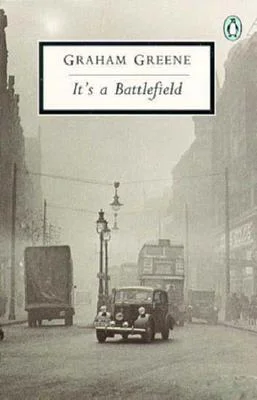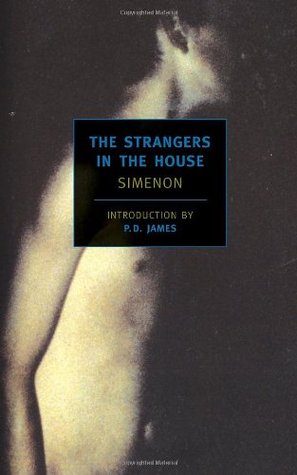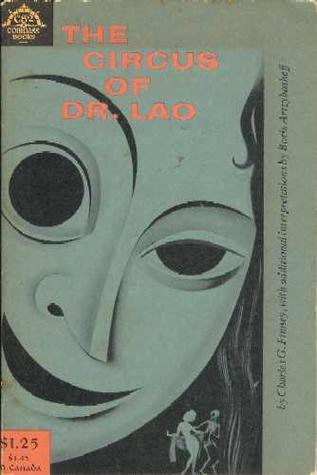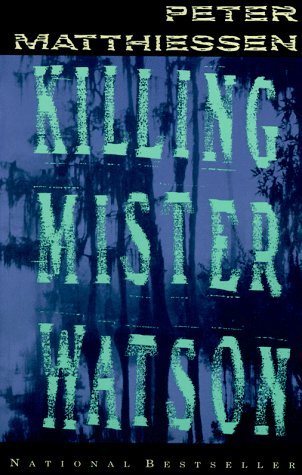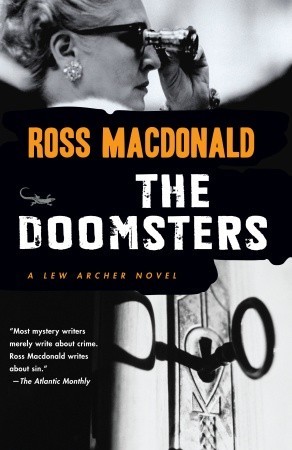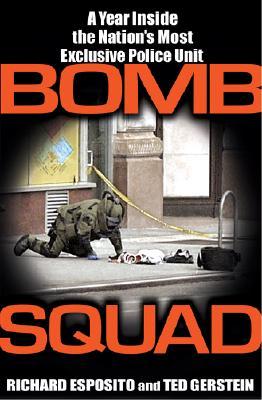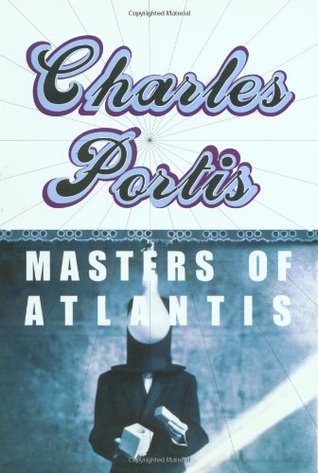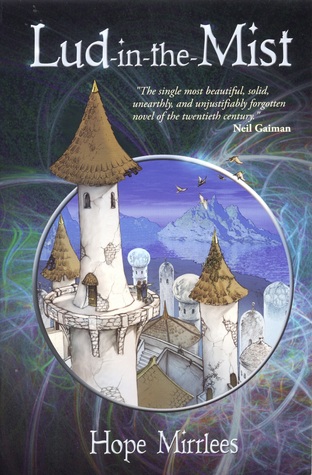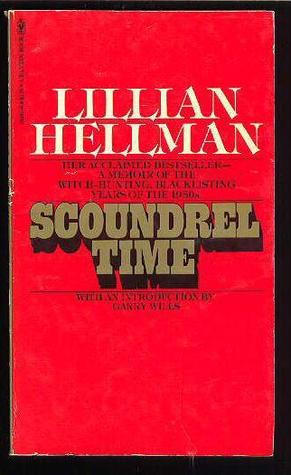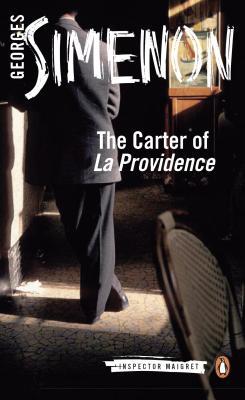Books and Tunes March 31, 2019
The weather turned bright and I got back to walking long distances, wearing out the leather on some shoes. I wrote some things. I waited in line for two hours to get fried chicken only to discover I don’t think I like fried chicken so much anymore. Such is life. Also, I listened to and read the following…
The Man Who Watched Trains Go By by Simenon -- A stolid Dutch banker finds his firm has gone bankrupt, breaks from bourgeois society into selfish anarchy, kills some people. I’m not sure how many times I can tell you to read Simenon. It’s Camus meets Jim Thompson, but probably better than either. He’s spare, brutal, and funny, even working with a relatively lazy premise, as he is here. Grim and fabulous.
Cabot Wright Begins by James Pardy – A cuckold and his friend’s wife set out to write the biography of a famous Manhattan rapist, in what feels like American Psycho fifty years before American Psycho. It didn’t quite work for me. It’s audacious and savage but unfocused, with too many targets of abuse for any specific critique to gather much momentum. It was mean but kinda muddled.
The Tree of Man by Patrick White – Two uneducated introverts hack a life out of the Australian wilderness, have a family that disappoints them. Pretty marvelous. It reminded me a little of Stoner, sad, stoic individuals struggling with unfulfilling lives and their own essential inability to realize happiness. But it’s more ambitious, with a broader narrative focus. White’s writing remains fabulous, difficult and enervating (innervating? The one that means means to instill liveliness, not to drain strength. It’s pretty weird that those are so close together), and he has this profound sense of respect for the struggles of his characters, something which I think few others manage. I’m not sure how many people I can recommend a novel this long and dense to, but if you’ve got the ambition this is an undertaking more than worth your while.
The Giant's House by Elizabeth McCracken – A waspish librarian falls in love with a dying teenage colossus. The premise sounds hackier than it actually is, and the writing is really, really strong, thoughtful ruminations on love and youth and pain and death and so forth, intelligently epigrammatic. Odd and lovely, have a read.
The Hour of the Star by Clarice Lispector – A writer writes a story about an unhappy, virginal typist, writes about writing about that story. Clarice Lispector! Clarice Lispector! Hoo! Oooo! Hoo! Post-modernism at its finest, with every sentence strange sounding and propulsive, a riddle worth puzzling over. There’s not much plot to speak of, and my general tolerance for meta-commentary about the nature of writing is usually pretty low, but whatever, with language this fabulous she could narrate a bowel movement and I’d sit in rapt appreciation. Fabulous.
The Quiet American by Graham Greene – A jaded English journalist and an upright CIA agent feud over a woman, help destroy Vietnam, in this classic text on early American imperialism. I try and make a habit of not exhausting any particular writer, so I can come back after a few years and see if I still like them, but all the same it seems odd that having read so much Graham Greene I hadn’t got around to this. Anyway, it’s fucking amazing, Graham Greene combines masterful prose with a genuinely compelling narrative, not to mention a keen understanding of international politics and the complexities of the human spirit. My past self was right to love Graham Greene. Good job, Daniel of five years ago! Thank you, Daniel of today.
Also, while I’ve got an excuse…
Boy in Darkness by Mervyn Peake – A novella in the Gormenghast universe and a couple of short nightmares. I like Peake more in theory, when considering his innovative adaptation of the fantasy genre, then I do in practice, when I’m actually reading long descriptions of crumbling masonry. Some lovely illustrations, though.
Sherman: Soldier, Realist, American by B.H. Liddel Hart -- Few works of military history have had as much real world effect as this biography of the Union’s greatest soldier, which developed the author’s theories of movement and strategic malleability that, though largely ignored at the time in England, found fertile reception among inter-war German generals and led (in some admittedly debatable fashion) to the development of the Blitzkrieg. Peculiar history aside, it’s an excellent discussion of an interesting subject, making a compelling case for Sherman’s unique grasp of grand strategy and strategy in a conflict marked (at the highest levels, at least) by orthodox thinking.
Other People's Worlds by William Trevor – A dishonest cad leads a sentimental dowager into destruction. William Trevor is a delight. The prose is clean and tight, and he has the rare ability of telling a conventional story in a tantalizingly original way, focusing on seemingly sidelong pieces of the narrative which come suddenly to climax. The sting at the end had me howling enthusiastically at my bedroom walls. Good stuff.
The Sebastopol Sketches by Lev Tolstoy – Three short pieces written while the author was at the siege of the eponymous city, which brought to an end the Crimean war. There’s an interesting progression of thought here, with the first piece being well-written wartime propaganda and the last being a fairly comprehensive indictment of war, Russia, and human society. This Tolstoy guy, he’s pretty good, how come no one ever heard of him?
This Divided Island by Samanth Subramanian – An oral history of the Sri Lankan civil war. Brutal and captivating, Subramanian is a talented writer, skilled in conveying a complex, decades long conflict succinctly while remaining even-handed in tallying the atrocities of the various participants. Worth your time.
Roll the Bones: The History of Gambling by David G. Schwartz – A lengthy although somehow uncomprehensive history of gambling, focusing on the methods of play and the means of wager, without much thought given to the need for or the evils of gambling. I thought it was pretty odd to read a book that has 100 pages about the growth of vegas but nothing about, say, gambler’s anonymous, but the real problem for me here is just that I quickly realized after starting that I just genuinely don’t really give a shit about the subject matter. Which is my fault, obviously, I’m not trying to lay that one on the author. Still, not for me.
It's a Battlefield by Graham Greene – The execution of a communist centers this somewhat scattershot depiction of the existences of a number of repressed individuals in 1930’s London . One of Greene’s earlier works, his prose is already down, and he maintains a keen understanding of how politics and governments muddle with personal morality, but there are a few too many characters and the whole thing doesn’t come together as neatly as his later masterpieces.
Return of a King: The Battle for Afghanistan by William Dalyrmple – A history of the First Afghan War, which saw the East India Company try and force a leader on a factitious Afghani populace, wins a bunch of battles, loses the war, goes home in ignominy and shame. It resembles most other Afghan wars in this fashion. Dalrymple is an absolute master, one of the most engaging living historians. A genuinely talented writer, something enormously rare in his profession, the prose here is crisp, clever, and propulsive, a compelling page turner. He has, moreover and for what I gather is the first time in English, identified a number of contemporary Afghan histories of the war which provide a fascinating counterpoint to the traditional Western texts, revisionist history in the best sense of the word. In scope and excitement its like top tier epic fantasy, except having actually happened is madly more interesting. Strong rec.
Jesus' Son by Denis Johnson – The episodic misadventures of a junkie. The territory is well worn but Johnson does it well, these stories are mean, sad, funny, and abrupt. If he wasn’t at some point a scumbag transient he gets himself into the mindset well.













